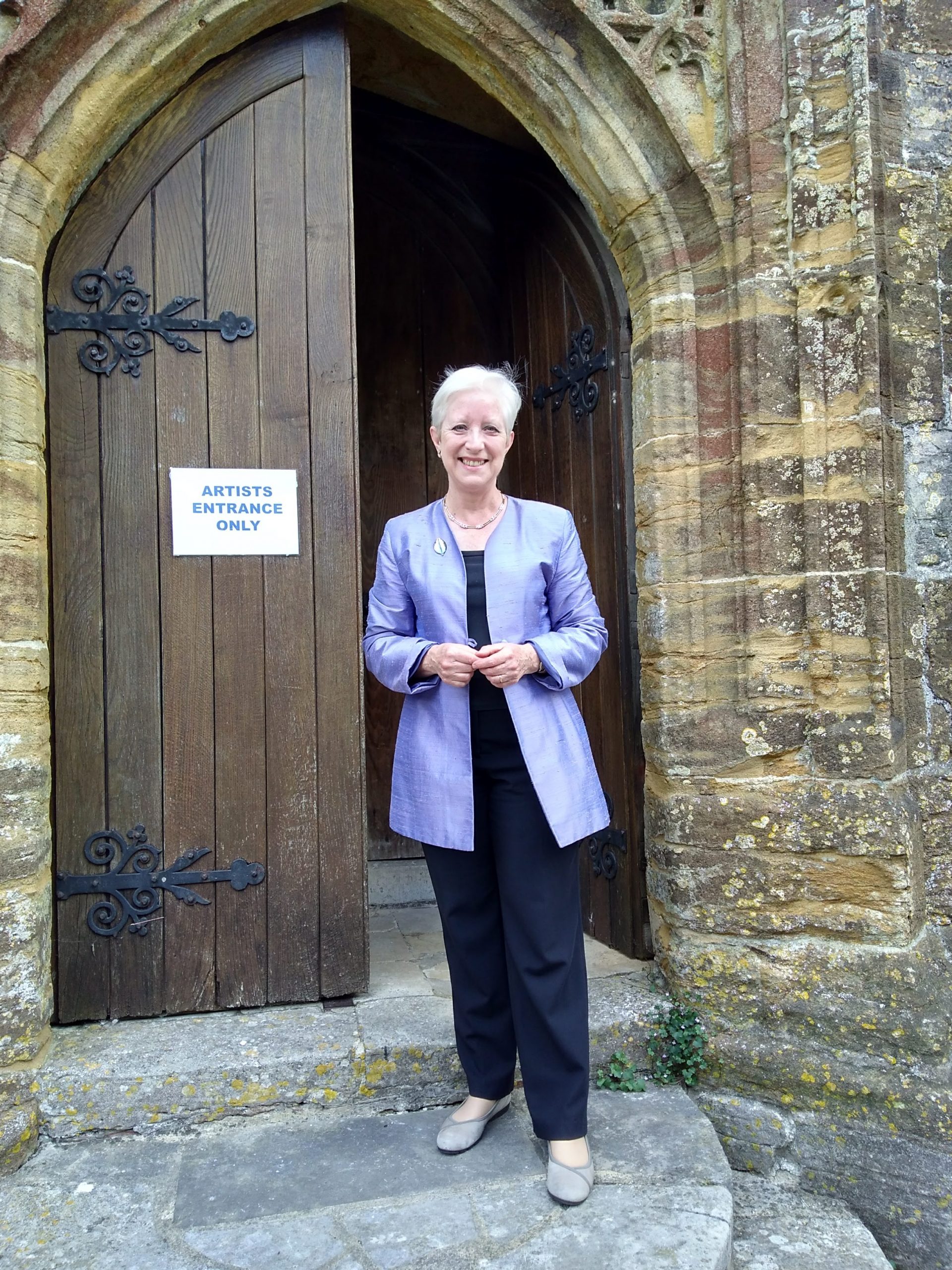 As August approaches, Edinburgh is suddenly full of posters advertising the thousands of Festival and Fringe events about to be unleashed upon us. You can feel the city is about to overflow with visitors.
As August approaches, Edinburgh is suddenly full of posters advertising the thousands of Festival and Fringe events about to be unleashed upon us. You can feel the city is about to overflow with visitors.
One of the most popular of the several festivals which co-exist in the city in August is the Book Festival which takes over Charlotte Square and a portion of George St with an array of pop-up venues and an intense programme of events more or less on the hour, every hour for two weeks.
This year both Bob and I have been invited to speak about our latest books. His talk is on orchestral music, and he’s preparing recorded examples to illustrate his points. Mine is largely about piano music and I’d like to be able to play some live examples.
Because of the practical difficulties and expense of putting an acoustic piano in a tent for an hour, I’m going to use a digital piano. With some reservation though – I don’t consider myself an expert on the digital piano, and I’m not sure it quite conveys the beauty of the 18th and 19th century music I want to play. But live music is better than no music, so I’ll do my best.
It may not be widely realised that the digital piano works in a different way from the acoustic one. On the digital piano, each note is the recording of an individual note. A chord of several notes is basically the simultaneous playing of several recordings of individual notes which know nothing of each other.
On the acoustic piano, where there are steel strings that resonate when the hammer strikes them, the strings vibrate in sympathy with one another, especially if the note being struck is closely related to them on the harmonic series. If you press down the sustaining (‘loud’) pedal, which lifts all the dampers, every string is free to resonate with any other. This produces sympathetic resonances which contribute to the complexity of piano sound, and can be used by the pianist to enhance its beauty. If you are used to that sound it is very disconcerting to play a piano which doesn’t offer it. The digital piano has many advantages, and is developing all the time, but currently it doesn’t match the classic sonority of the traditional grand.




While not claiming that a digital piano can project the sound field of a concert grand, I would point out that the more sophisticated digital pianos do in fact model sympathetic resonance. Therefore, it’s not really true to say that “A chord of several notes is basically the simultaneous playing of several recordings of individual notes which know nothing of each other”.
I was going to make a similar point about sampled pianos – such as the Vienna Imperial created by Vienna Symphonic Library – as I think those include sympathetic resonance also.
Thank you, John and Rikky – you are both more knowledgeable than I am about digital pianos. I have never come across one as sophisticated as the kind you describe, but that’s probably because I only really come across digital pianos when asked if I’d agree to play one if I’m giving a talk in a venue where an electronic keyboard is the obvious option.
I shall look forward to trying the Vienna Imperial one day!
Hi Susan,
Yes, I don’t suppose you are given a choice of which digital piano is made available at the venue. If you ever have the opportunity to try out a state of the art digital piano at a dealer it would be very interesting to hear your opinion regarding playability and sound. In particular, there are now some high end digital models available (e.g. Kawai Novus NV10, and Yamaha N2 and N3X), which use the same keyboard as in the manufacturers acoustic grand pianos.
By the way, the Vienna Imperial is a software implementation of a sampled piano that runs on an external PC connected to a digital piano keyboard. I don’t think there are any digital pianos that have the Vienna Imperial software actually built in.
You’re right, I am rarely given a choice, but if I ever get the chance to try one of the pianos you mention I will be very interested to hear them.